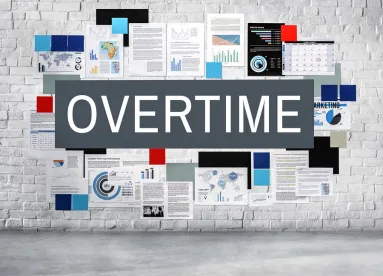In an April 2, 2018 decision of otherwise narrow appeal to most employers (whether the exemption in Section 13(b) (10)(A) of the Fair Labor Standards Act for an automobile “salesman, partsman, or mechanic” applies to “service advisors”), the Supreme Court flatly debunked the well-worn notion that FLSA exemptions are to be construed narrowly.
To be fair, the “narrow construction” principle had support in Supreme Court dicta dating back to the 1940s (see A.H. Phillips, Inc. v. Walling, 324 U.S. 490 (1945) (noting , in an FLSA case, that “[a]ny exemption from such humanitarian and remedial legislation must therefore be narrowly construed”)). But the high court has walked back this sentiment in the more recent millenium (e.g., Christopher v. SmithKline Beecham Corp., 567 U.S. 142 (2012) (rejecting the argument that precedent requires the Court to construe the outside salesman exemption narrowly)).
After today, it’s difficult to defend the “narrow construction” argument as anything more than a misguided maxim. In the words of the Supreme Court:
The Ninth Circuit … invoked the principle that exemptions to the FLSA should be construed narrowly. . . . We reject this principle as a useful guidepost for interpreting the FLSA. Because the FLSA gives no “textual indication” that its exemptions should be construed narrowly, “there is no reason to give [them] anything other than a fair (rather than a ‘narrow’) interpretation.” . . . The narrow-construction principle relies on the flawed premise that the FLSA “‘pursues’” its remedial purpose “‘at all costs.’” … “[I]t is quite mistaken to assume . . . that whatever might appear to further the statute’s primary objective must be the law” . . . . But the FLSA has over two dozen exemptions in §213(b) alone, including the one at issue here. Those exemptions are as much a part of the FLSA’s purpose as the overtime-pay requirement. . . . We thus have no license to give the exemption anything but a fair reading.
The decision, from the ultimate authority on all matters FLSA, should be a very welcome one for employers–especially those facing misclassification claims. The case is Encino Motorcars, LLC v. Navarro (No. 16–1362).



 />i
/>i
